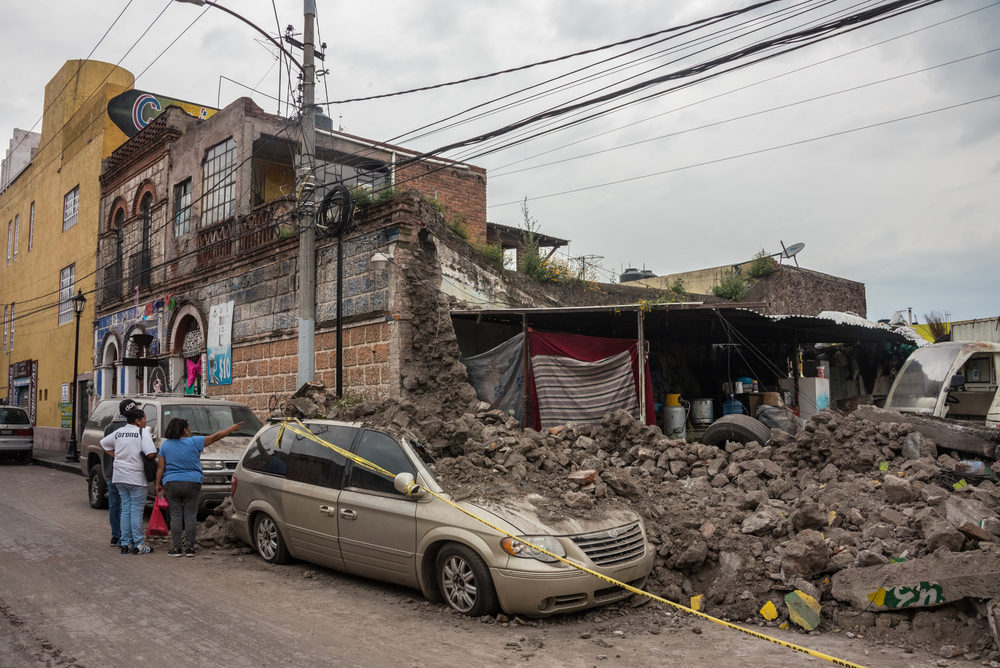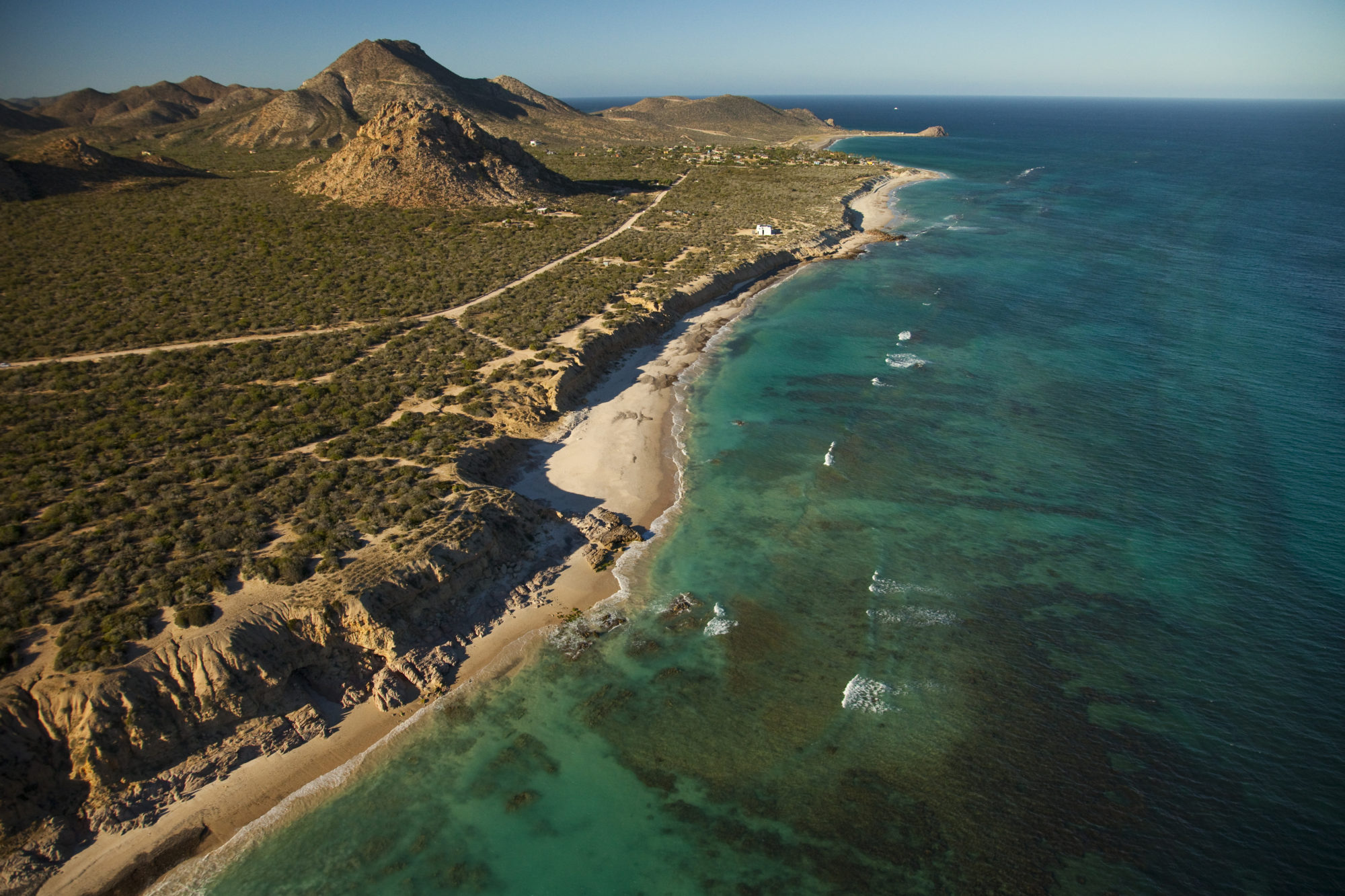

Disaster Update: Mexico Earthquake
On September 19, 2017, a magnitude-7.1 earthquake struck Mexico, causing 369 deaths and extensive damage to the region. Mexico City — with a population of more than 21 million people in its metropolitan area — was hit hard, disrupting the lives of tens of thousands of people. Smaller cities such as Puebla and Morelos were strongly affected by the disaster.
While the earthquake is no longer in the headlines, thousands of people are still dealing with the aftermath daily. Recovery from a natural disaster of this scale is a long process, and much work remains to be done. These areas are still in desperate need of resources and financial support in order to drive recovery efforts.
How Badly Was Mexico Affected?
Immediately following the earthquake, as search and rescue efforts began, a humanitarian crisis arose. Shelters were quickly established and supplies were brought in to sustain those who were affected following the earthquake. Resources were somewhat limited initially, partly because another strong earthquake had struck a different region of Mexico earlier in September.
Relief organizations distributed basic supplies and hygiene kits, and installed sanitary facilities with toilets and hand-washing stations. Workers also distributed water purifiers and held events to educate the public about good hygiene procedures, in an effort to help avoid disease from spreading.
In addition to the initial casualties, the earthquake damaged or destroyed more than 200,000 homes, leaving thousands of people with nowhere to live (let alone a place to spend the night). Apart from residential areas, the disaster also rendered many public buildings, government facilities and schools unusable; approximately four million children had to be relocated from their usual schools due to structural damage.
Some families are living in makeshift tent camps because they can’t return to their homes. One husband and wife who run a local dog shelter had to take up residence (with their dozens of rescued dogs) in the crowded garage of a kind-hearted neighbor — though, not everyone is lucky enough to have neighbors with available space.
What Still Needs to Be Done?
While some progress has been made, there is much to do before those living in the affected areas of Mexico can return to a sense of normalcy. The community is faced with rebuilding homes and other buildings, and re-establishing damaged infrastructure. Local volunteers have stepped up to rebuild some homes, but the relatively small teams are in desperate need of more hands and more resources.
The challenge of providing shelter, food, clean drinking water, and proper sanitation continues daily. Organized hygiene efforts help, but people still require medical care and their access to it has been reduced by the earthquake.
A significant number of children have not yet returned to the classroom, after their schools were disrupted by the disaster. The delay in education could have long-term consequences for these children, especially because the nation is already struggling to provide quality education to its youth. Efforts are underway to help bring them back to school as soon as possible — and to monitor the wellbeing of the children who are still out of school. This is an ongoing process in need of continued funding and assistance.
What Can You Do?
Support for post-earthquake relief efforts must continue months after the dust has settled on initial disaster recovery. Meeting the basic, short-term needs of the people affected by the earthquake as well as the long-term costs of reconstruction presents a major challenge — especially for small regions like Puebla and Morelos that lack the resources of a larger city.
ICF set up a relief fund for Mexico City, Puebla, and Morelos, to help fund the rehabilitation of small businesses, training for economic development, and reconstruction of homes and buildings. With the support of our donors, we hope to aid in the economic recovery of these regions, as well as help to rebuild the lives of the families who have been uprooted by this disaster.
You can contribute to these efforts directly by donating to ICF’s International Relief Fund: Mexico City, Puebla, Morelos.
Join Our Mailing List
Stay Connected with ICF
Be the first to get exclusive updates on
what ICF is doing to make a difference!
